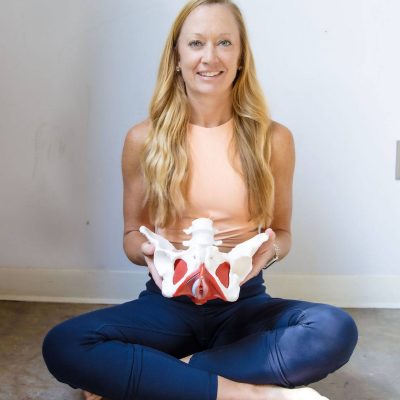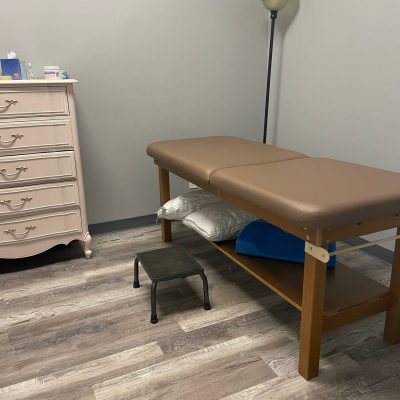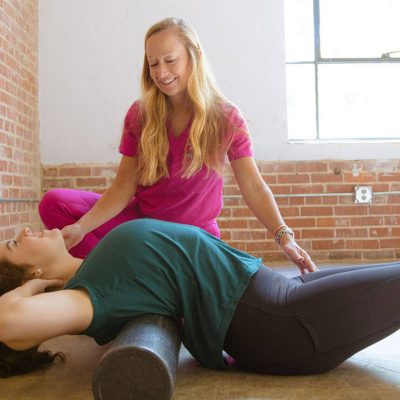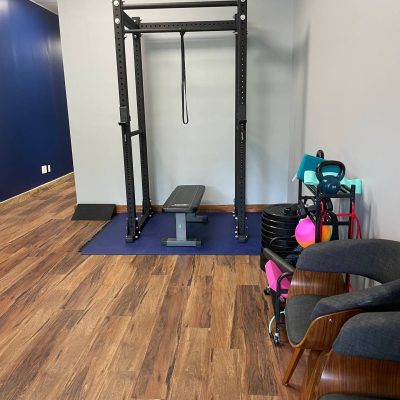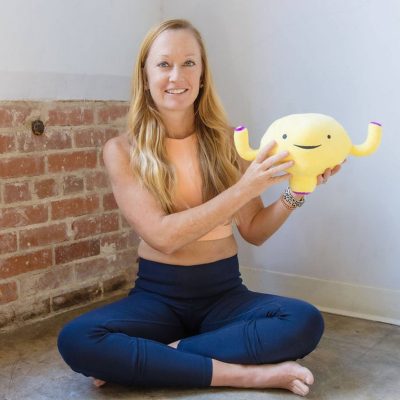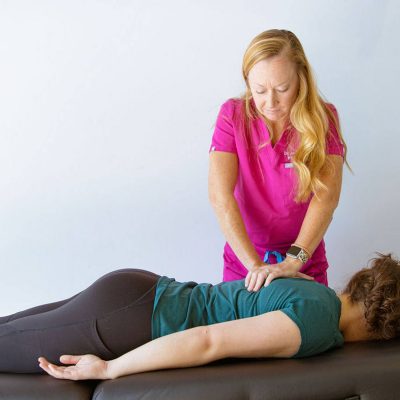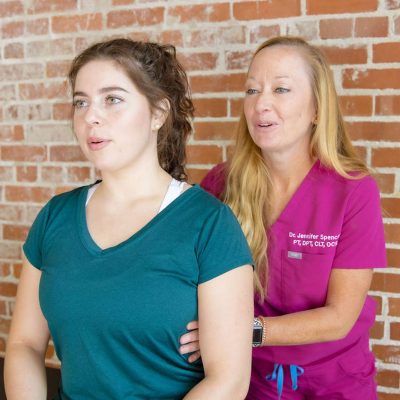Potty training is a crucial developmental milestone for children, but it can be complicated by various factors, including bladder irritants. Understanding this correlation can help parents and caregivers manage potty training more effectively. Here’s how bladder irritants can impact potty training:
What Are Bladder Irritants?
Bladder irritants are substances that can irritate the bladder lining, leading to increased urgency, frequency, and sometimes incontinence. Common bladder irritants include:
-
Caffeine: Found in chocolate, sodas, coffee, tea, and some medications.
-
Artificial Sweeteners: Present in many sugar-free foods and beverages.
-
Citrus Fruits and Juices: Such as oranges, lemons, and grapefruits.
-
Spicy Foods: Can irritate the bladder lining.
-
Carbonated Drinks: Sodas and sparkling water.
-
Tomato-Based Products: Including sauces, soups, and ketchup.
-
Dairy: Dairy products are known as bladder irritants. Those that can worse are aged cheese and sour cream
-
Chocolate
Bladder irritants can significantly impact potty training by causing the bladder to feel the need to urinate more frequently and urgently. This increased urgency and frequency can disrupt potty training routines, making it harder for children to recognize and respond to their body’s signals in time. Additionally, the irritation caused by these substances can lead to accidents, as children may not make it to the toilet in time. This can be frustrating for both the child and caregivers, potentially leading to stress and setbacks in potty training progress.
To manage bladder irritants during potty training, it is important to identify and limit these irritants in your child’s diet. Not every irritant on the list above may be irritating to your child. Monitor what your child eats and drinks, and gradually reduce or eliminate potential bladder irritants to see if there is an improvement in potty training success. Encouraging hydration is also crucial; ensure your child drinks plenty of water to dilute urine and reduce bladder irritation, while avoiding known bladder irritants, which can exacerbate bladder issues.
Maintaining a consistent routine can help as well. Establish a regular potty schedule to help your child get used to using the toilet at specific times. Consistency can help mitigate the effects of bladder irritants by encouraging regular bathroom visits. Additionally, using positive reinforcement can be effective. Encourage your child to use the toilet, even if accidents occur, and use praise and rewards to build a positive association with potty training.
Another tip for potty training includes incorporating proper toilet positioning. Proper toilet positioning is crucial in potty training children as it promotes comfort, stability, and confidence, which are essential for successful training. Ensuring that a child’s feet are firmly planted on a step stool or a secure surface can help them feel more stable and reduce any fear of falling. Additionally, positioning their knees higher than their hips can facilitate easier bowel movements by aligning their body in a more natural squatting position, which can help prevent constipation and make the process less daunting. Proper positioning also encourages a sense of independence and control, as children can feel more confident in their ability to use the toilet without assistance. Overall, attention to toilet positioning can significantly contribute to a smoother and more positive potty training experience.
If bladder irritation and potty training difficulties persist, a Pelvic Floor Therapist who specializes in Pediatrics can be of great help. They can provide guidance and possibly recommend dietary adjustments or natural treatments to alleviate bladder irritation. Understanding the correlation between bladder irritants and potty training can help create a supportive environment for your child. By managing these irritants and adopting effective potty training strategies, you can facilitate a smoother and more successful potty training experience.

